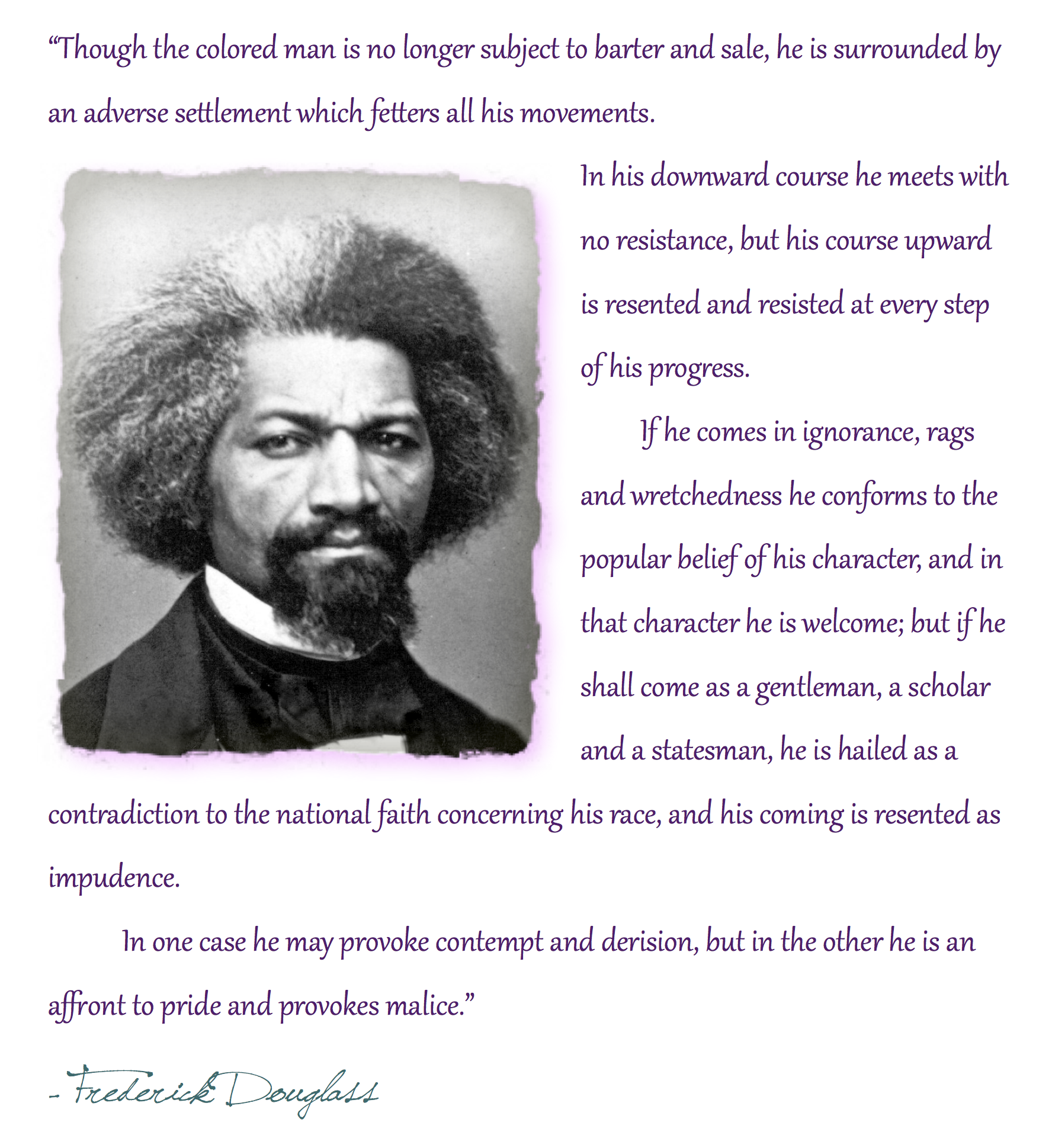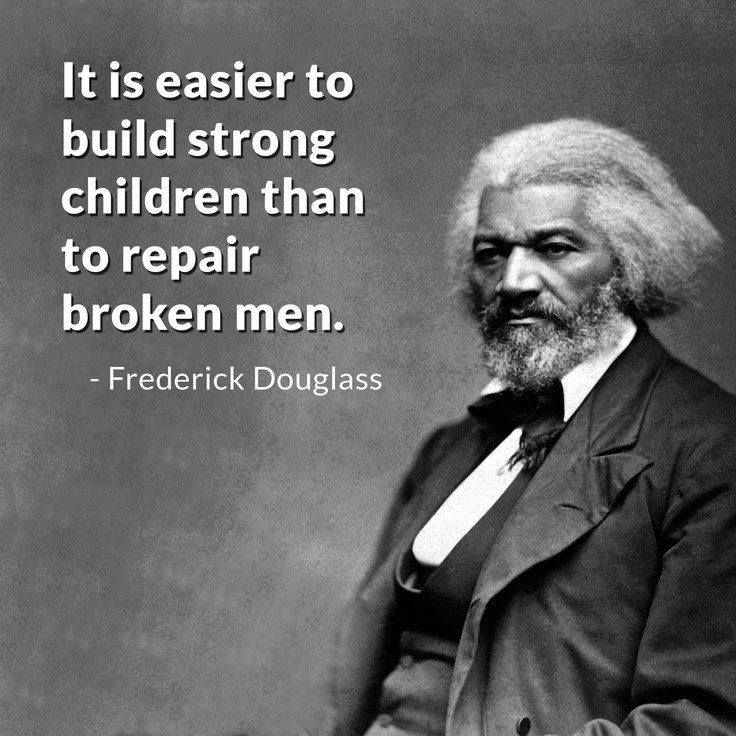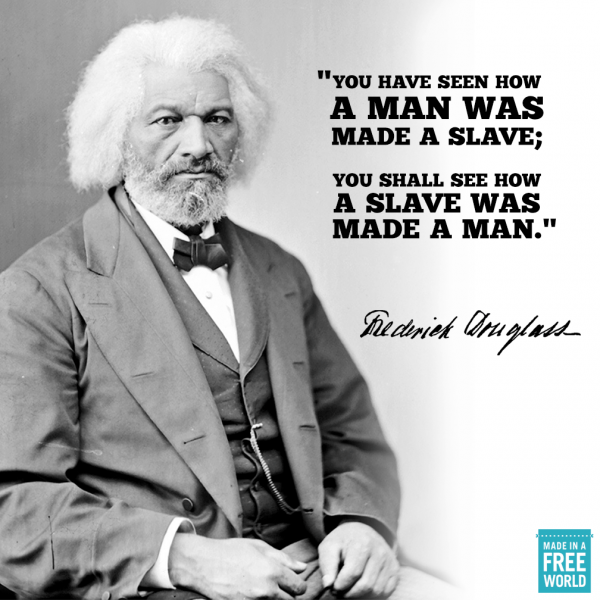When it comes to the power of education, few voices resonate as deeply as Frederick Douglass. This legendary abolitionist and former enslaved person understood firsthand the transformative potential of learning. His words on education continue to inspire generations, serving as a beacon of hope and a call to action for those seeking knowledge and freedom. In this article, we’ll dive deep into some of the most impactful quotes by Frederick Douglass about education, exploring their meaning and relevance in today’s world.
Education wasn’t just a topic for Douglass—it was a lifeline. For him, learning wasn’t merely an intellectual pursuit; it was a tool for liberation. His experiences as an enslaved person taught him that knowledge is power, and he dedicated his life to advocating for educational equality. His words remind us of the importance of access to quality education for all, regardless of background or circumstance.
So, whether you’re a student, educator, or simply someone who values the power of knowledge, this article will take you on a journey through Douglass’s most profound insights on education. Let’s explore how his words continue to shape our understanding of the role education plays in shaping individuals and societies.
Read also:Necar Zadegan Net Worth The Untold Story Of Success Wealth And Influence
Table of Contents
Biography of Frederick Douglass
Key Quotes by Frederick Douglass About Education
Understanding the Context of His Words
The Impact of Douglass’s Words Today
Long-Tail Insights: Quotes About Knowledge and Freedom
Douglass’s Vision for the Modern Education System
Read also:Bobo Da Fool The Ultimate Guide To Understanding The Phenomenon And Its Impact
How Douglass Inspires Modern Learners
Resources for Further Learning
Conclusion: The Legacy of Frederick Douglass
Biography of Frederick Douglass
Before diving into his quotes, let’s take a moment to understand the man behind the words. Frederick Douglass was born into slavery in Maryland around 1818. Despite facing unimaginable hardships, he managed to teach himself to read and write, a skill that would become the foundation of his fight for freedom and equality.
Born into Adversity
Douglass’s early years were marked by hardship and oppression. Enslaved from birth, he experienced firsthand the dehumanizing effects of slavery. Yet, even in the face of such adversity, he recognized the power of education as a means of breaking free from bondage.
Here’s a quick look at some key facts about Frederick Douglass:
| Full Name | Fredrick Augustus Washington Bailey (later changed to Frederick Douglass) |
|---|---|
| Date of Birth | February 1818 (exact date unknown) |
| Place of Birth | Talbot County, Maryland |
| Occupation | Abolitionist, Writer, Orator, Statesman |
| Key Achievements | Escape from slavery, author of "Narrative of the Life of Frederick Douglass," advocate for women’s suffrage |
Key Quotes by Frederick Douglass About Education
Douglass’s words on education are as relevant today as they were in his time. Here are some of his most powerful quotes:
Education as a Path to Freedom
“Once you learn to read, you will be forever free.”
This quote encapsulates Douglass’s belief in the liberating power of education. For him, reading wasn’t just a skill—it was a pathway to freedom, both literal and metaphorical.
Ignorance as a Tool of Oppression
“It is easier to build strong children than to repair broken men.”
Douglass understood that ignorance was a tool used by oppressors to maintain control. By educating young minds, society could prevent future injustices and create a more equitable world.
The Value of Self-Education
“Education is the passport to the future, for tomorrow belongs to those who prepare for it today.”
This quote highlights Douglass’s belief in the importance of taking personal responsibility for one’s education. In a world where opportunities for formal learning were limited, he emphasized the need for self-reliance and determination.
Understanding the Context of His Words
To fully appreciate Douglass’s quotes, it’s essential to understand the historical context in which they were spoken. During his lifetime, enslaved people were often denied access to education, as literacy was seen as a threat to the institution of slavery.
The Role of Education in Abolitionism
Douglass’s advocacy for education was deeply tied to his work as an abolitionist. He believed that an educated populace was essential for dismantling systems of oppression and creating a more just society.
Challenges Faced by Enslaved People
Despite the risks, many enslaved people like Douglass found ways to learn in secret. Their courage and determination serve as a testament to the enduring human desire for knowledge and freedom.
The Impact of Douglass’s Words Today
More than a century after his death, Douglass’s words continue to inspire and challenge us. His emphasis on the importance of education remains as relevant today as it was in the 19th century.
Education as a Human Right
Douglass’s advocacy for universal access to education aligns with modern movements for educational equality. His words remind us that education is not a privilege but a fundamental human right.
Empowering Marginalized Communities
His focus on empowering marginalized communities through education continues to resonate in today’s efforts to address systemic inequalities in the education system.
Long-Tail Insights: Quotes About Knowledge and Freedom
While Douglass’s quotes about education are powerful, his thoughts on knowledge and freedom also offer valuable insights. Here are a few examples:
- “Where justice is denied, where poverty is enforced, where ignorance prevails, and where any one class is made to feel that society is an organized conspiracy to oppress, rob, and degrade them, neither persons nor property will be safe.”
- “Without a struggle, there can be no progress.”
- “Power concedes nothing without a demand. It never did and it never will.”
Douglass’s Vision for the Modern Education System
If Douglass were alive today, what would he think of our education system? While much progress has been made, significant challenges remain. Issues such as funding disparities, access to technology, and systemic biases continue to affect students across the country.
Equity in Education
Douglass would likely advocate for greater equity in education, ensuring that all students, regardless of background, have access to the resources they need to succeed.
The Role of Technology
He might also recognize the potential of technology to democratize education, making learning more accessible to people around the world.
Challenges in Education Today
Despite advances in education, several challenges persist. These include:
- Funding disparities between schools in affluent and low-income areas
- Lack of diversity in curriculum and teaching staff
- Barriers to access for students with disabilities
Addressing Systemic Issues
Solving these challenges requires a concerted effort from policymakers, educators, and communities. Douglass’s words serve as a reminder that progress is possible, but it requires action and commitment.
How Douglass Inspires Modern Learners
For students and lifelong learners today, Douglass’s story is a powerful reminder of the transformative potential of education. His journey from enslaved person to renowned abolitionist and statesman is a testament to the power of perseverance and determination.
Embracing Lifelong Learning
In a rapidly changing world, the ability to adapt and learn new skills is more important than ever. Douglass’s example encourages us to embrace lifelong learning and never stop seeking knowledge.
Resources for Further Learning
For those interested in learning more about Frederick Douglass and his contributions to education, here are some recommended resources:
- National Park Service: Frederick Douglass Biography
- Project Gutenberg: Narrative of the Life of Frederick Douglass
- Library of Congress: Frederick Douglass Papers
Conclusion: The Legacy of Frederick Douglass
In conclusion, Frederick Douglass’s quotes about education continue to inspire and challenge us to this day. His words remind us of the transformative power of knowledge and the importance of ensuring that everyone has access to quality education.
Take Action
So, what can you do? Start by sharing this article with others who might benefit from Douglass’s wisdom. Engage in conversations about the state of education today and advocate for change. Together, we can honor Douglass’s legacy by working to create a more equitable and just society.
Remember, as Douglass once said, “If there is no struggle, there is no progress.” Let’s keep the conversation going and continue striving for a better future through education.


